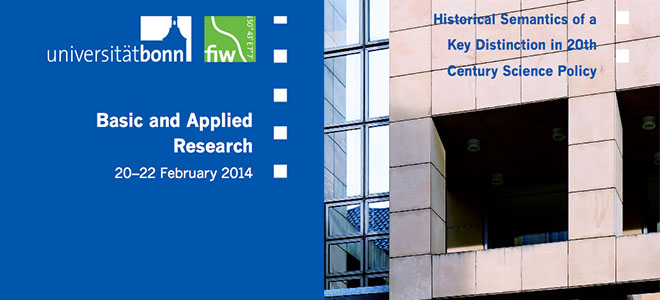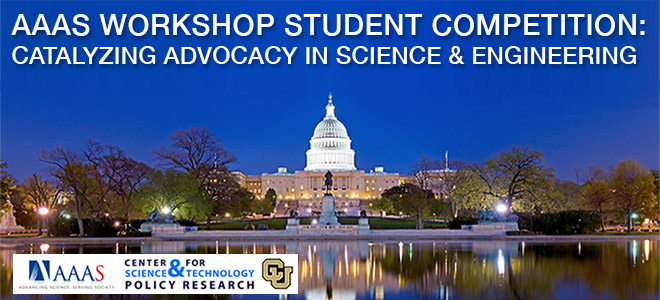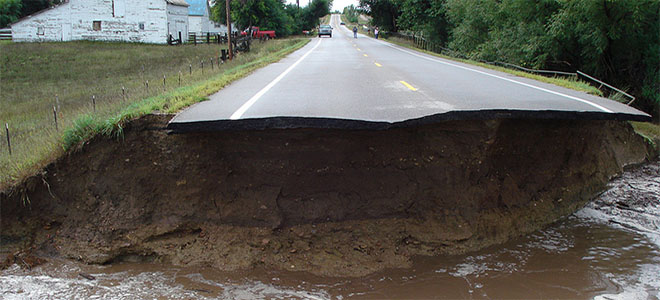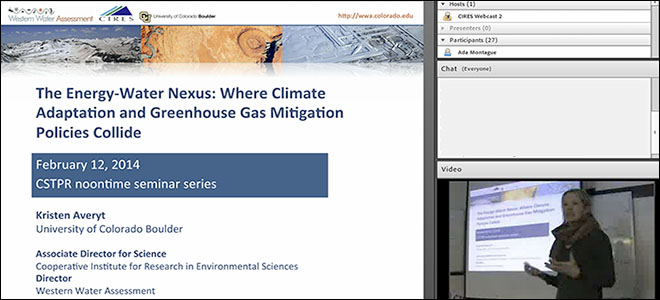
Roger Pielke, Jr. and Dan Sarewitz have a new Op-ed in the Financial Times on energy development and poor nations:
Climate policy robs the world’s poor of their hopes
We need technologies that work in the US and in Pakistan, say Roger Pielke and Daniel Sarewitz
Excerpt: Having failed to stem carbon emissions in rich countries or in rapidly industrialising ones, policy makers have focused their attention on the only remaining target: poor countries that do not emit much carbon to begin with.
Legislation to cap US carbon emissions was defeated in Congress in 2009. But that did not prevent the Obama administration from imposing a cap on emissions from energy projects of the Overseas Private Investment Corporation, a US federal agency that finances international development. Other institutions of the rich world that have decided to limit support for fossil fuel energy projects include the World Bank and the European Investment Bank.
Such decisions have painful consequences. A recent report from the non-profit Center for Global Development estimates that $10bn invested in renewable energy projects in sub-Saharan Africa could provide electricity for 30m people. If the same amount of money went into gas-fired generation, it would supply about 90m people – three times as many.
In Nigeria, the UN Development Programme is spending $10m to help “improve the energy efficiency of a series of end-use equipment . . . in residential and public buildings”. As a way of lifting people out of poverty, this is fanciful at best. Nigeria is the world’s sixth-largest oil exporter, with vast reserves of natural gas as well. Yet 80m of its people lack access to electricity. Nigerians do not simply need their equipment to be more efficient; they need a copious supply of energy derived from plentiful local sources. Read more …










